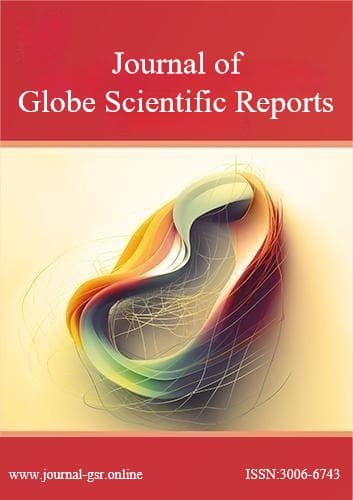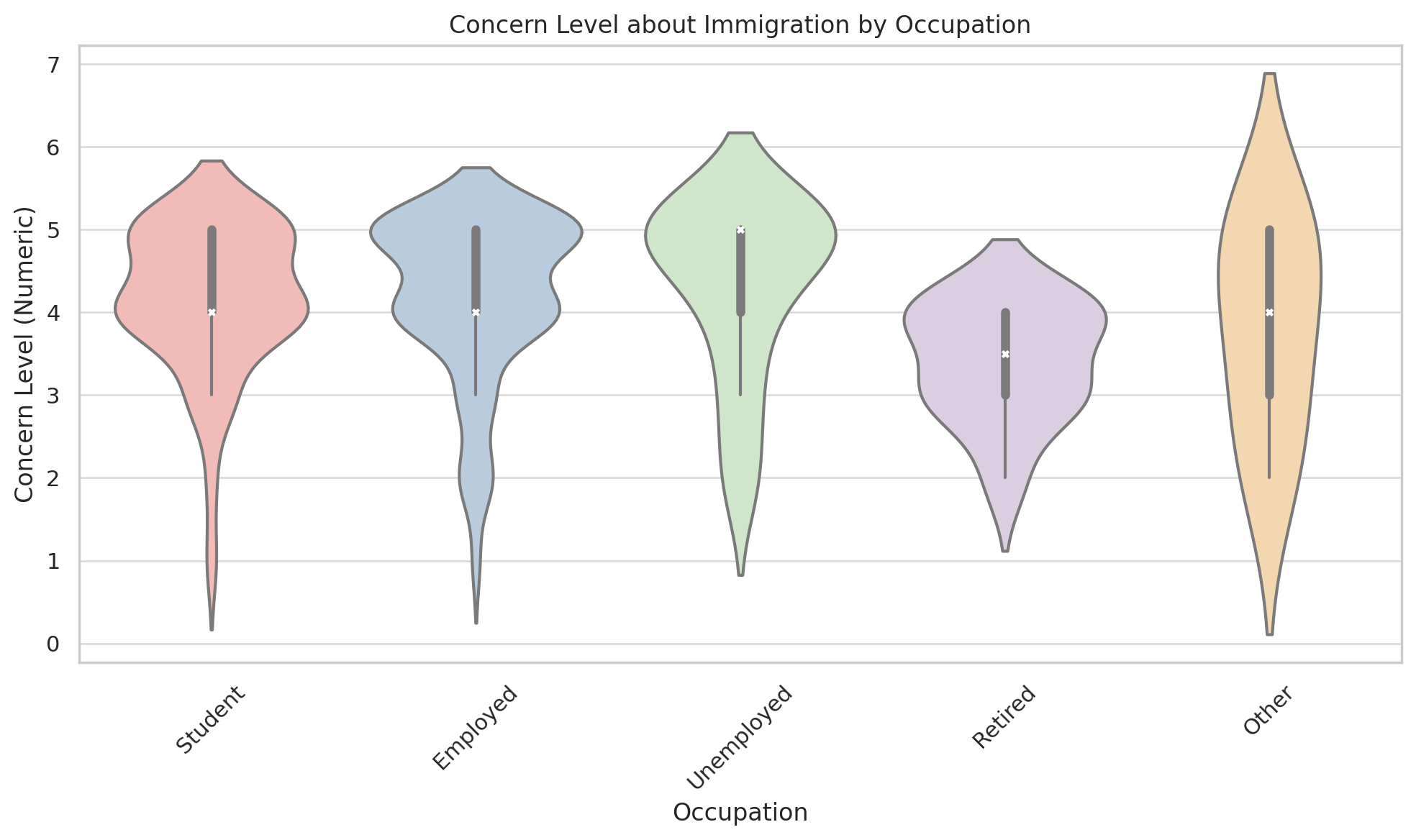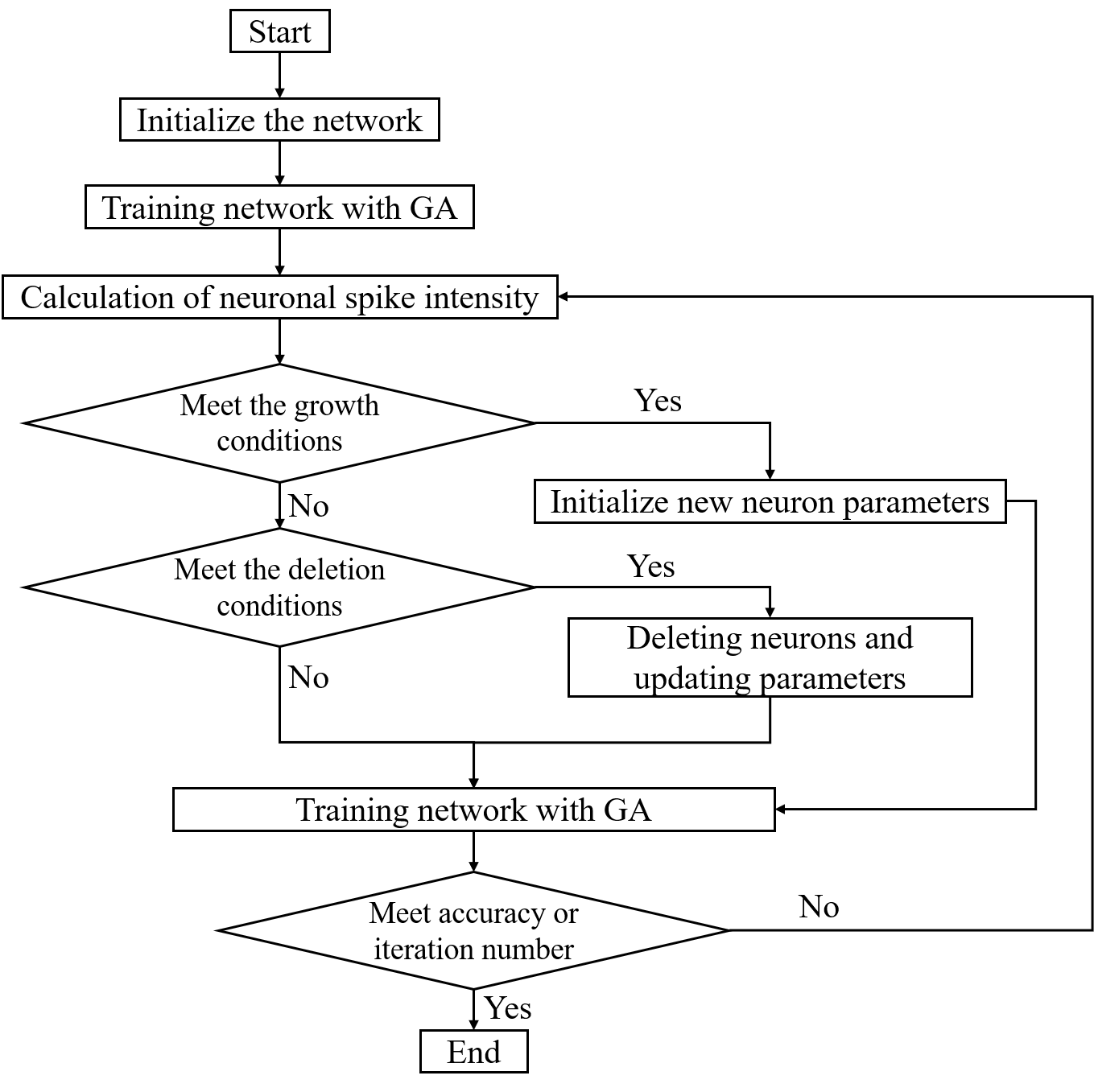 An open access journal
An open access journal
Future of Work: Automation, Artificial Intelligence, and Workforce Transformation
Abstract
The future of work is undergoing a profound transformation driven by automation and artificial intelligence (AI). This paper explores the significance of the future of work, emphasizing the impact of AI on job roles, skills, and workforce dynamics. It delves into various aspects, including automation technologies, reskilling and upskilling programs, and remote work trends. The discussion includes the benefits of embracing workforce transformation, such as increased productivity, adaptability, and innovation. Moreover, the paper addresses the challenges and considerations in preparing for the future of work, including addressing job displacement and ensuring inclusive opportunities. Through a review of workforce transformation initiatives and case studies, the study highlights the positive outcomes associated with proactive adaptation to the changing world of work.
Share and Cite
Article Metrics
References
- Brynjolfsson, E., & McAfee, A. (2014). The second machine age: Work, progress, and prosperity in a time of brilliant technologies. WW Norton & Company.
- Chui, M., Manyika, J., & Miremadi, M. (2016). Where machines could replace humans—and where they can't (yet). McKinsey Quarterly, 3(1), 29-35.
- Davenport, T. H., & Ronanki, R. (2018). Artificial intelligence for the real world. Harvard Business Review, 96(1), 108-116.
- Raghavan, V., Schleifer, S., & Sheedy, E. (2020). The future of work in America: People and places, today and tomorrow. McKinsey Global Institute.
- World Economic Forum. (2018). The future of jobs report 2018. World Economic Forum.






